A full shift to electric vehicles (EVs) is likely to be a massive undertaking for dominant players Uber and Ola. As a new entrant, BluSmart is looking to seize the moment by beating its combustion engine-powered rivals on electrification, cleanliness and reliability through direct management of its fleet and drivers. For starters, drivers cannot cancel bookings received on their BluSmart app.
Uber started its India operations in 2013. Home-grown rival Ola started in 2010. Both brands boomed across India but have more recently struggled as riders faced high cancellations and drivers got upset with reduced financial incentives, forcing many to quit.
BluSmart is backed by BP’s venture unit. It started operations in 2020 by offering airport rides in Delhi, and later scheduled bookings. It has also expanded to Bengaluru.
In Delhi, 80% of the 2,750 new electric taxis registered between January and October 2022 belonged to BluSmart. EVs accounted for 25% of the city’s new taxis, from just 3% in 2019, data from consultancy Redseer showed.
BluSmart has 22 charging and parking hubs in the capital – one of them on the top floor of a multi-level car park, guarded by private security, in a posh neighbourhood where more than 100 cars undergo extensive cleaning each night.
BluSmart is planning to grow its fleet to 14,000 taxis next year and 100,000 in five years, expanding to four more cities, and offering more immediate bookings, like Uber, its CEO Anmol Singh Jaggi told Reuters.
By June its fleet will include customised, small EVs built by Indian company Gensol Engineering that will allow it to slash fares.
“The mass market can only be captured with a small EV,” Jaggi said.
However, BluSmart’s fleet includes pricier EVs from MG Motor and BYD but it faces constraints in the number of cars it gets from Tata Motors – the only affordable EV maker in India right now.







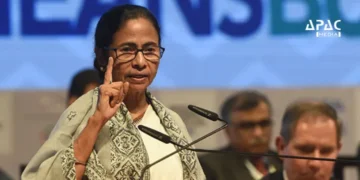










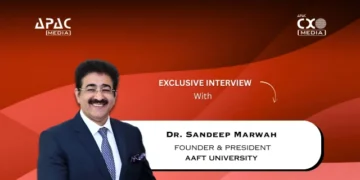









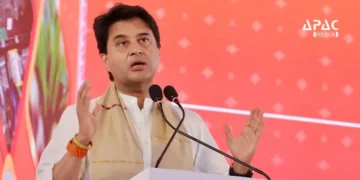

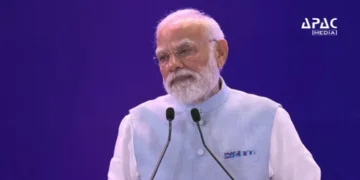

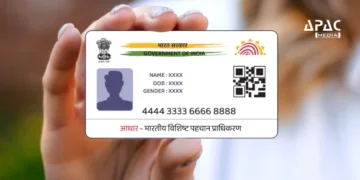




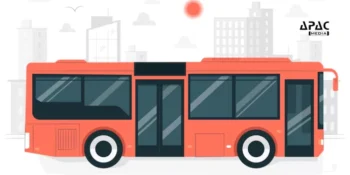


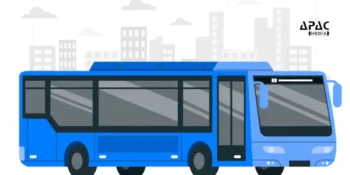













Discussion about this post